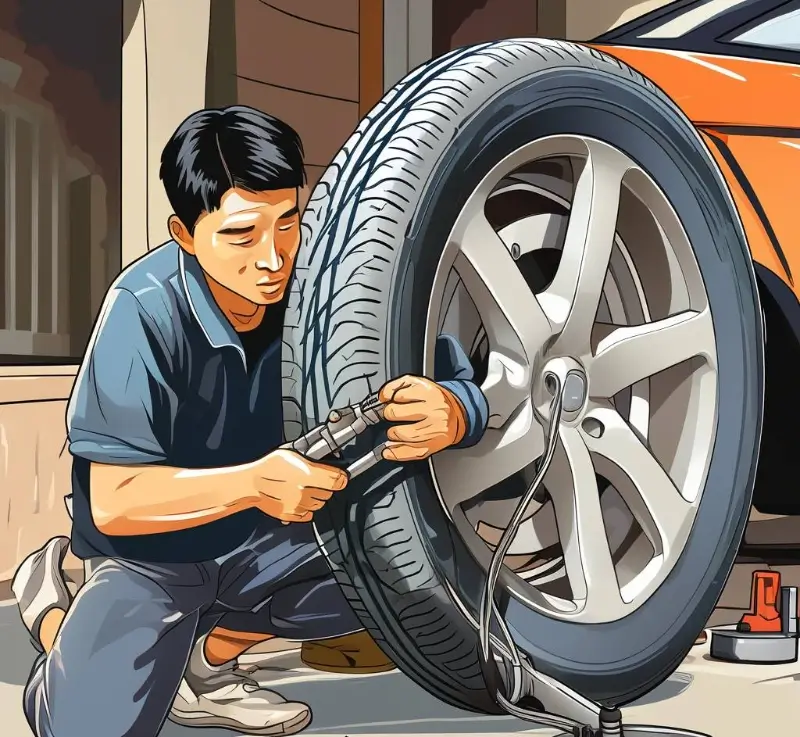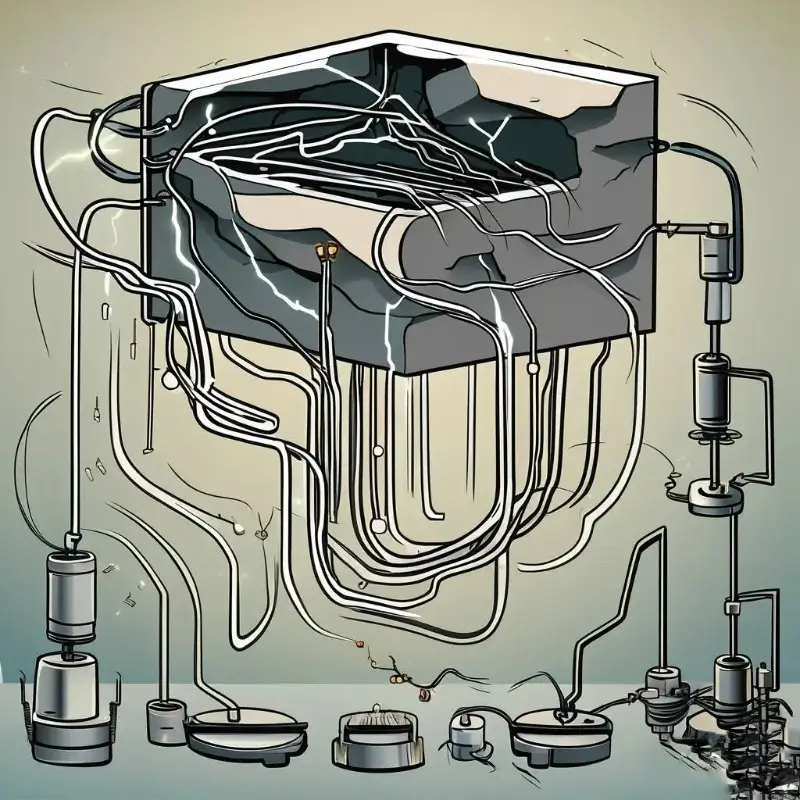why do car tires need to be inflated?
Car tires need to be properly inflated for several reasons:
- Stability and Safety: Correct tire inflation ensures optimal contact between the tire and the road surface. This contact area, called the tread, provides the necessary traction and grip for steering, braking, and acceleration. Underinflated tires can flex excessively, reducing handling stability and increasing the risk of skidding or loss of control.
- Fuel Efficiency: Tires with proper inflation maintain a smaller rolling resistance, which means the vehicle requires less energy to move forward. Underinflated tires increase fuel consumption because they require more power to rotate, translating to worse fuel economy.
- Longevity and Durability: Well-inflated tires distribute the load evenly across the entire tread, reducing wear and tear. Overinflation or underinflation can cause uneven wear, potentially leading to premature tire replacement. Additionally, overly stressed rubber due to incorrect inflation can result in blowouts or structural failure.
- Environmental Impact: Properly inflated tires contribute to better fuel efficiency, which means lower emissions of greenhouse gases and pollutants.
- Load-Carrying Capacity: Tires are designed to carry specific loads based on their inflation pressure. Underinflation can compromise the tire’s ability to bear the weight of the vehicle and its cargo, potentially leading to overheating and failure.
- Comfort and Noise Reduction: Correctly inflated tires provide a smoother ride and minimize vibrations and noise. Underinflated tires can lead to a rougher ride and increased road noise.
In summary, inflating car tires to their recommended pressure (which can be found in the owner’s manual or on the tire sidewall) ensures optimal performance, safety, and longevity of the tires, as well as contributes to better fuel economy and a comfortable driving experience.



